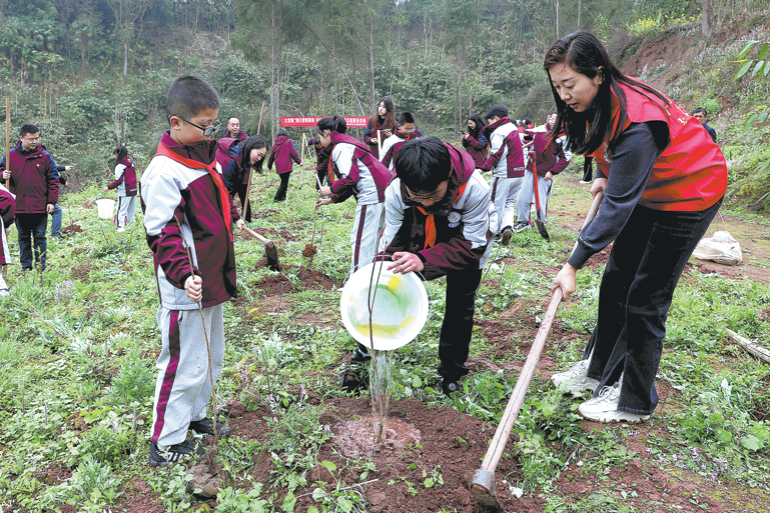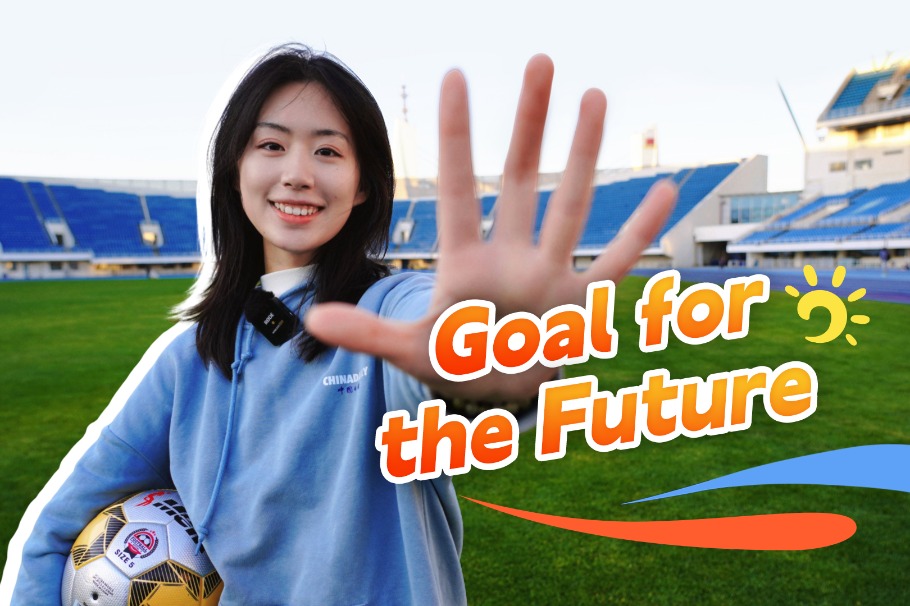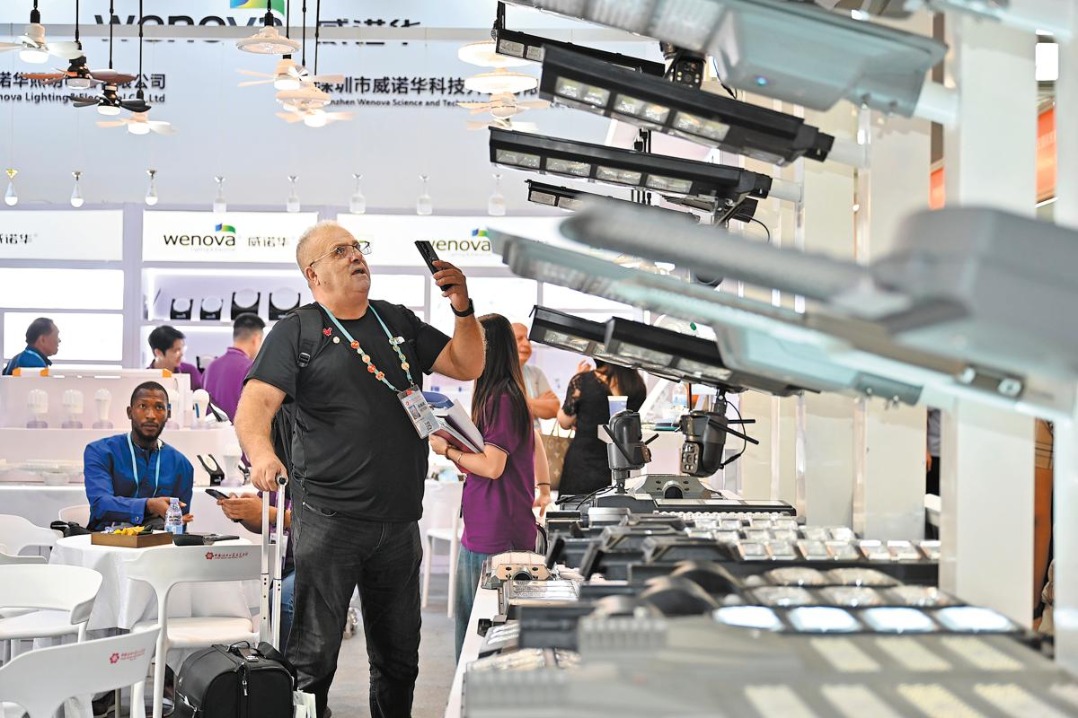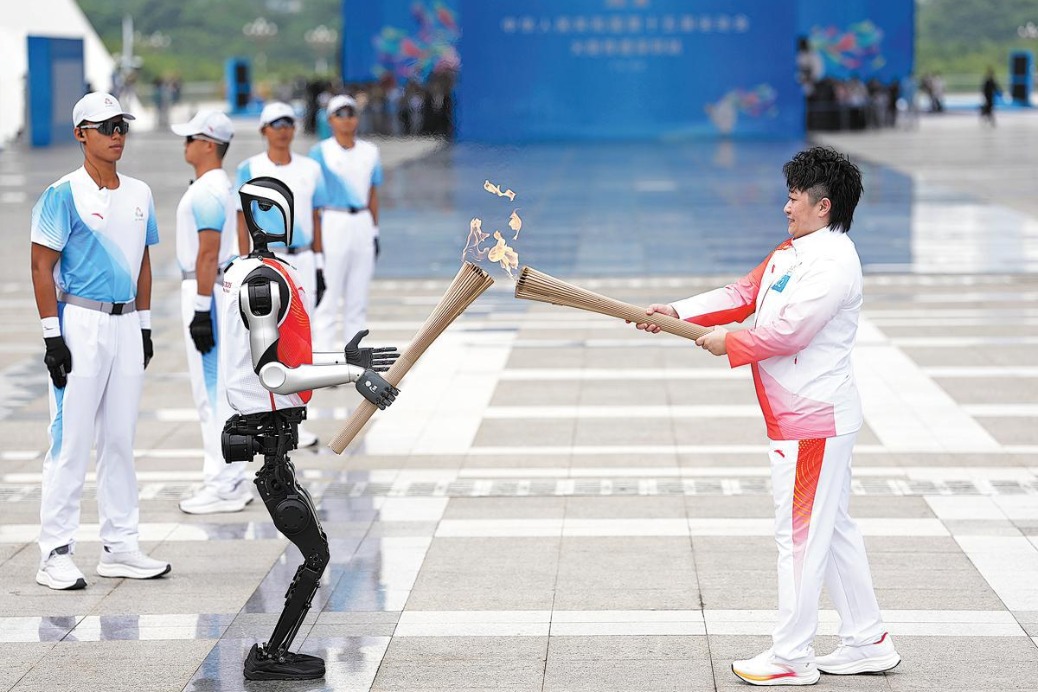National Games indispensable for Chinese sports

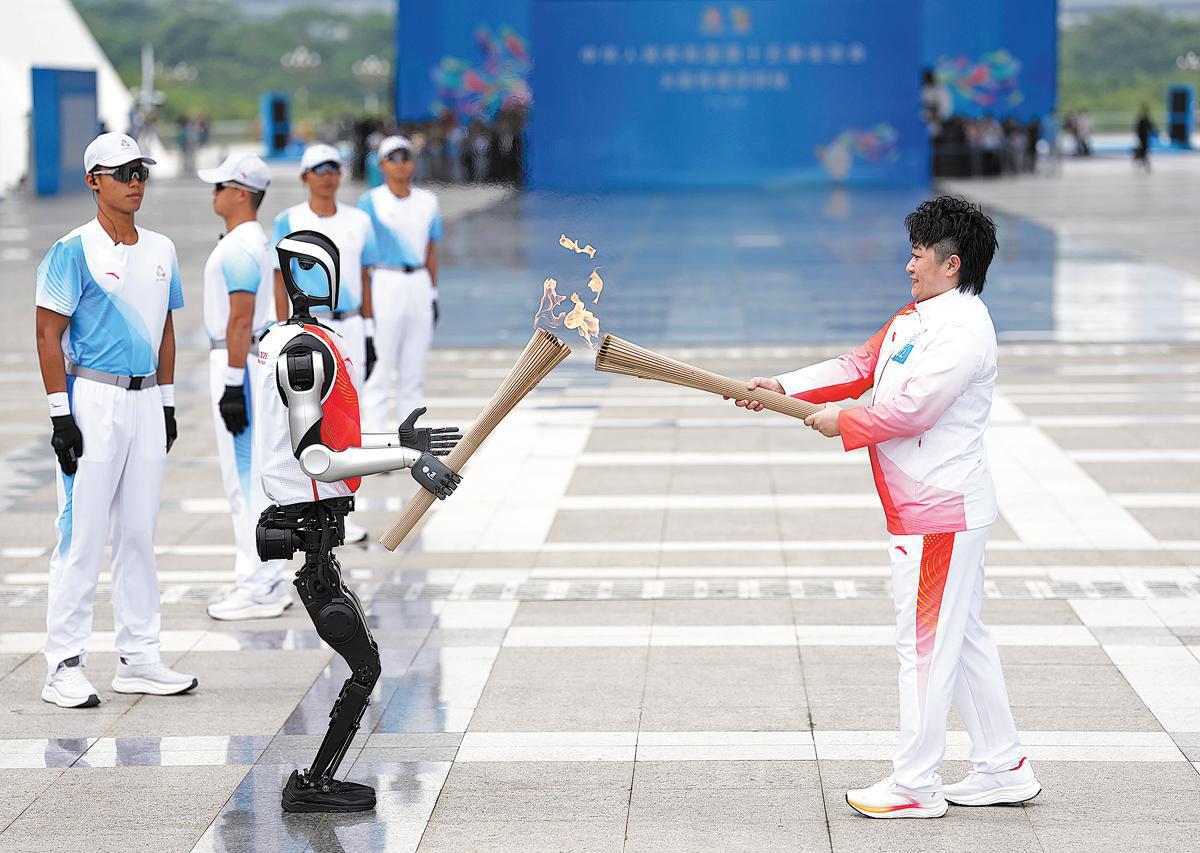
With less than a week left before the 15th National Games kick off on Nov 9, thousands of athletes from across China have arrived in the Greater Bay Area.
As the games are being co-hosted by Guangdong province and the Hong Kong and Macao special administrative regions, it is particularly tough for athletes from the northern region, which is experiencing lower temperatures, in some places even snowfall. Apart from the challenge of performing well, athletes from the northern region are also learning to adjust to the relatively higher temperatures in the south.
Thus, for many athletes, the overnight relocation from colder to warmer climes is one of the unique characteristics of the 15th National Games.
It is worth mentioning here that China is one of the few countries that organizes such a multi-sport event once every four years. Teams representing different provinces, autonomous regions, municipalities and industrial sectors fight it out for the honor of their sponsors.
The upcoming National Games will be a sports gala that attracts wide attention, in which 36,000 athletes are going to compete for 585 medal events in 57 sports categories. To get a perspective, the Paris Olympics held last year drew 10,500 athletes who competed in 329 medal events representing 32 sports categories.
Of the 57 sports categories in the contention during the National Games, 34 are very much similar to those contested in the Olympic Games. The rest are mostly traditional Chinese sports such as dragon boat racing, wushu (Chinese martial arts) and shuttlecock kicking. Another unique thing about these games is that before the opening ceremony in Guangzhou, more than 70 contestants would have already been awarded gold medals in various categories. This is because there are too many events and it is just not possible for the host city or region to organize them within the two weeks of the games. Therefore, some contests will be held prior to the opening ceremony.
Inaugurated in 1959, the National Games of China were designed to promote sports in China. Prior to 1959, modern competitive sports hardly existed in the country except in a few schools and universities. For two decades after that, the National Games were the highest level of sports events in China, which was then facing political, economic and cultural sanctions imposed by Western nations. When I was young, we boys talked about and idolized only the champions of the National Games, not because they were any superior but because we were totally ignorant about global sports events and global champs.
China's opening-up in the late 1970s as well as the popularity of TV sets introduced Chinese people to European Leagues and NBA games. The country's participation in the Olympic Games and the world championships further broadened fans' horizon regarding high-level competitive sports. As Chinese players began winning more medals at Olympic events, the National Games gradually began losing its luster for local sports fans.
In fact, there have been suggestions that the National Games should be cancelled because it costs a lot of resources while few fans are following it. They argue that many other countries don't have such a multi-sport event and are still doing alright. However, the growing scale of the National Games shows that the sports authorities have wisely ignored such suggestions.
China treats the National Games as an occasion to promote non-Olympic sports among the people. Being held a year after the Olympic Games, the National Games serve as a platform for hundreds of talents to fight it out and get enlisted in preparation for the next Olympics and other world championships. In fact, China's impressive performances in the global sports arena in the past decades should largely be attributed to the talent pool that emerges during the National Games.
What's more, the National Games are probably the only important national platform for athletes engaging in traditional Chinese sports to show off their skills. Without government encouragement and support, some of these sports may eventually disappear.
May the 15th National Games be a success!
The author is former deputy editor-in-chief of China Daily.
The views don't necessarily represent those of China Daily.
If you have a specific expertise, or would like to share your thought about our stories, then send us your writings at opinion@chinadaily.com.cn, and comment@chinadaily.com.cn.


















